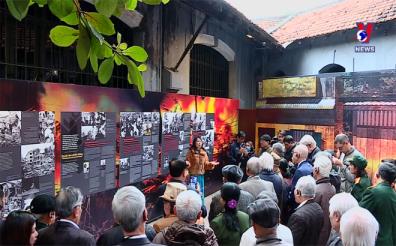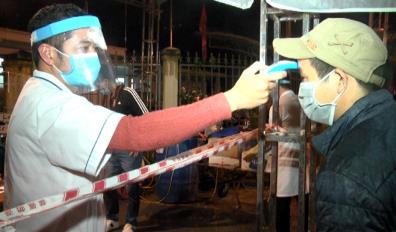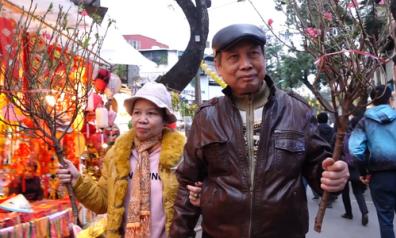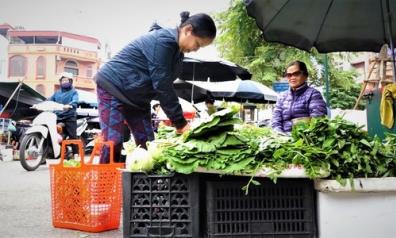WB-funded programme promotes hygiene perception and behaviour changes in Yen Bai
- Wednesday, October 6, 2021
YBO - Changes have been seen in hygiene perception and behaviour of ethnic minority people in Yen Bai thanks to the four-year implementation of the WB-funded Results-based Scaling Up Rural Sanitation and Water Supply Programme.
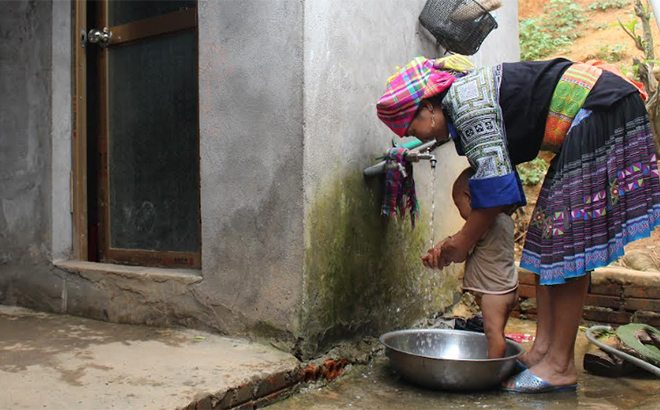
|
|
H’mong ethnic minority people in Mu Cang Chai District have access to clean water.
|
Other news

In the 2024 - 2025 school year, Mu Cang Chai is focusing on advancing the "Digital School" initiative, implementing AI technology across educational activities, and applying a variety of teaching methods, including online, hybrid, and inter-level, inter-school teaching formats tailored to the region’s practical needs.

A recent survey was conducted with 1,854 young people from Yen Bai City, Nghia Lo Town, and the districts of Tran Yen, Van Yen, Luc Yen, and Van Chan, using both qualitative and quantitative research methods.

As a Hmong woman born and raised in the challenging land of Tram Tau, Specialist Doctor Thao Thi Nu was determined to pursue her education and realize her dream of providing healthcare to her community.

Recently, Yen Bai province has faced concerning reproductive health statistics, with the pregnancy rate among women aged 15-19 reaching 15.5% in Mu Cang Chai district and 9.6% in Van Chan district. Home births remain prevalent, with 63.1% occurring in Mu Cang Chai and 13.5% in Van Chan.


